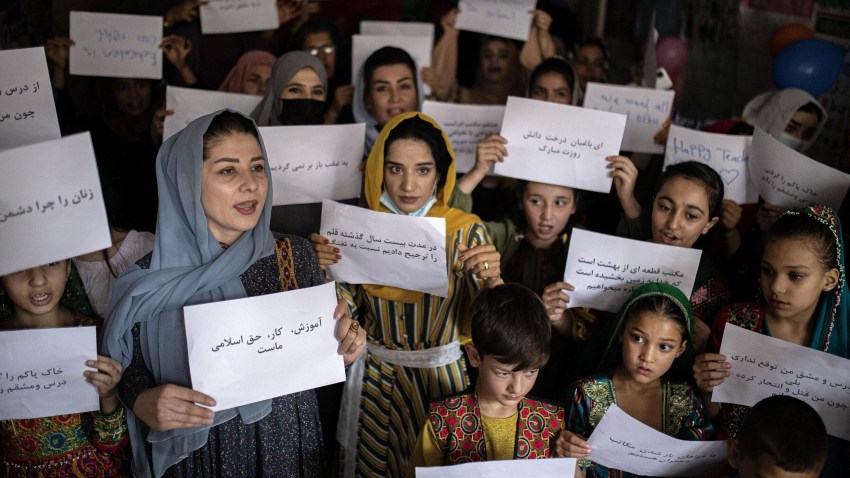Last week, a group of Afghan women appealed to the United Nations, imploring it not to recognize the Taliban’s proposed ambassador to the global body as the representative of their country. “The UN needs to give that seat to somebody who respects the rights of everyone in Afghanistan,” Fawzia Koofi, a former Afghan politician and peace negotiator, told reporters.
The group’s call was echoed by Ghulam Isaczai, the embattled ambassador appointed by the government the Taliban ousted, in remarks he made to the U.N. Security Council. “Women and girls in Afghanistan are pinning their hopes and dreams on this very council and world body to help them recover their rights to work, travel and go to school,” he said. “It would be morally reprehensible if we do nothing and let them down.”
Isaczai is right about women’s rights and the symbolism of international organizations’ responses to human rights violations in Afghanistan. But the Security Council is not the only international organization capable of playing that role, nor is recognition of the Taliban government and its representatives the only tool in the international community’s arsenal. To be sure, international recognition of the Taliban, if it comes at all, should come with conditions that include the protection of women and girls. But the Security Council is not the only international body that can be prevailed upon to take a stronger stand against the situation in Afghanistan—or even necessarily the best one.

